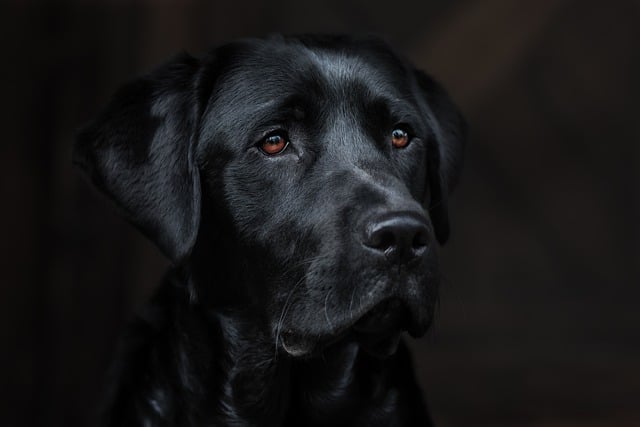
How can I tell if my dog's heatstroke is serious
Let’s be real: It’s a sticky August morning in Los Angeles, and you took your 2-year-old Golden Retriever, Max, for a walk a little later than usual
Your dog’s skin is their first line of defense—against the cold, the sun, and even little irritants like pollen or dust. When it’s healthy, they scratch less, shed evenly, and just seem more comfortable in their fur. But when it’s dry, flaky, or red? That discomfort can turn into constant itching, chewing, or even infections. Nailing dog skin care isn’t about being perfect; it’s about small, consistent steps that keep their coat shiny and their skin happy.
Bathing is a big part of it, but you can overdo it. Washing your dog too often strips their skin of natural oils, leaving it dry and irritated. Most dogs only need a bath every 4-6 weeks, unless they roll in something stinky or have a skin condition your vet recommends treating with more frequent washes. Always use a shampoo made specifically for dogs—human products are too harsh, with pH levels that throw off their skin’s balance. Check labels for gentle, fragrance-free formulas; many regions regulate pet grooming products to avoid harmful chemicals, so sticking to trusted brands helps keep things safe.
 Brushing does more than keep their coat looking nice. It removes dead hair that can trap dirt and moisture, which might lead to hot spots or matting. Short-haired dogs benefit from a rubber brush a few times a week, while long-haired breeds need daily sessions to prevent tangles. As you brush, take a moment to check their skin—look for bumps, scabs, or areas that make them flinch. Catching these early can save a trip to the vet later.
Brushing does more than keep their coat looking nice. It removes dead hair that can trap dirt and moisture, which might lead to hot spots or matting. Short-haired dogs benefit from a rubber brush a few times a week, while long-haired breeds need daily sessions to prevent tangles. As you brush, take a moment to check their skin—look for bumps, scabs, or areas that make them flinch. Catching these early can save a trip to the vet later.
What goes into their bowl matters as much as what you put on their skin. Diets rich in omega-3 fatty acids (think fish oil or flaxseed) help keep skin supple and reduce inflammation. If you notice dryness or excessive shedding, talk to your vet about adding supplements—they’ll know what’s safe and effective for your dog’s breed and age. Avoid sudden diet changes, too; switching food quickly can trigger skin reactions, just like it might upset their stomach.
Outdoor time needs a little thought, too. Sunburn isn’t just a human problem—light-colored or short-haired dogs can get burned, especially on their noses and bellies. A pet-safe sunscreen (yes, there are formulas made just for them) works wonders on sunny days. After walks, wipe their paws with a damp cloth to remove pollen, salt, or chemicals from sidewalks—these can irritate skin if left to sit.
If your dog starts scratching nonstop, licking one spot raw, or develops a rash, don’t wait to act. These could be signs of allergies, parasites, or infections that need veterinary care. Many communities have clinics that offer affordable skin checks, so there’s no need to put off help if money’s tight. Remember, healthy skin means a happier dog—and a happier you, free from the sound of endless scratching.
Caring for your dog’s skin is one of the simplest ways to show you love them. It turns grooming time into bonding time, and keeps those zoomies and snuggles uninterrupted by discomfort. With a little attention to their routine, their coat will shine, and their tail will wag that much harder—proof that feeling good on the outside starts with care on the inside.

Let’s be real: It’s a sticky August morning in Los Angeles, and you took your 2-year-old Golden Retriever, Max, for a walk a little later than usual

You're enjoying a summer afternoon at the park when you notice your dog has stopped panting and appears disoriented - their gums are bright red

Let’s paint the picture: You’re in your Denver apartment, watching your 4-year-old Boston Terrier, Ruby, plop down mid-play session with her favorite toy

Many dog owners notice their pets nails seem shorter after regular walks,but how much does this daily activity actually help?The answer depends on where you walk—concrete sidewalks or asphalt streets gently file nails as a dog's paws hit the ground

Most dog owners notice their pup scooting across the carpet at some point, but few connect it to impacted anal glands. These small sacs near a dog’s rectum secrete a scent for marking territory

Most vets agree that regular dog teeth cleaning is key to avoiding painful dental issues later. For healthy adult dogs, a professional cleaning at the vet’s office every 12 to 18 months usually works well.